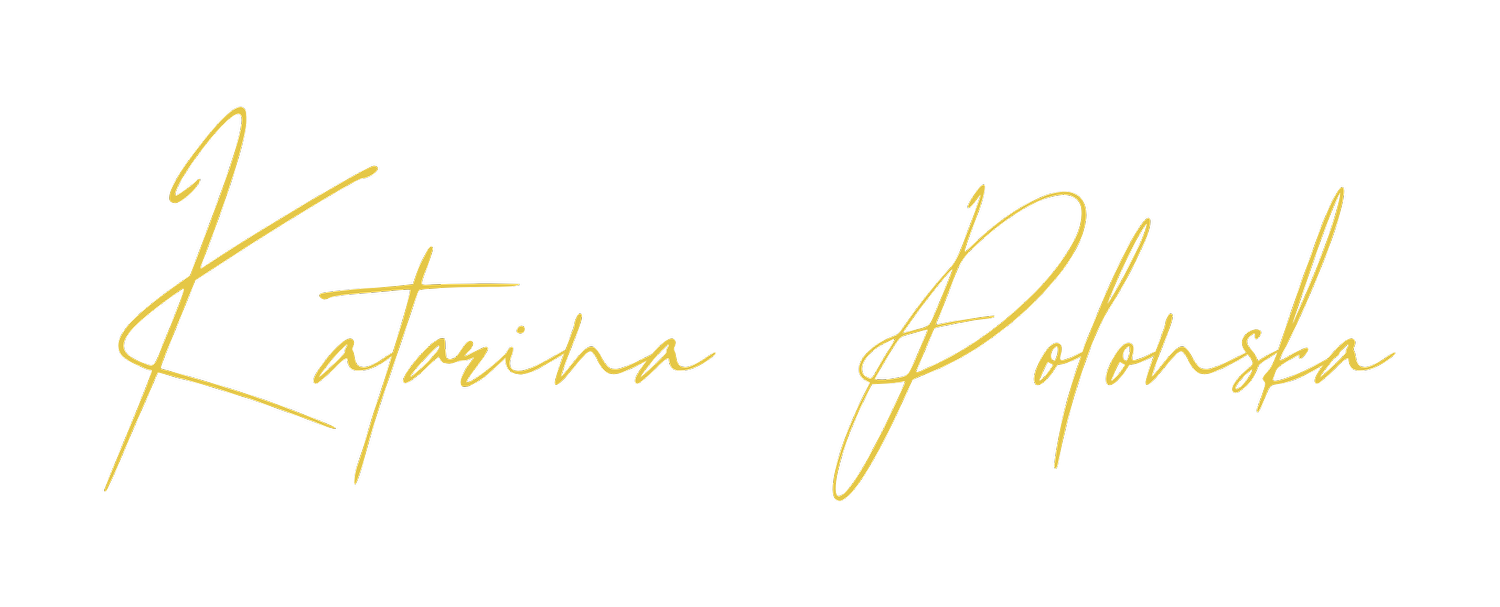Fighting with your partner a lot? Feels like it won't stop? Here's what's going on.
Ever wondered why you can have weeks of calm and connection with your partner… before it all collapses in one explosive argument?
You feel like you’ve just found your rhythm again, only to watch it derail. It’s a cycle: a few weeks good. Then a crash. Then the slow climb back up. It’s exhausting.
And the more it happens, the more you start asking yourself:
How long can I actually do this? Because living in constant volatility, always waiting for the next blow-up, doesn’t just drain your relationship. It drains you.
Here’s the truth: That pattern doesn’t always mean you’re fundamentally incompatible. Frequent arguments don’t automatically mean things are beyond repair.
Yes, if you have irreconcilable values differences (monogamy vs. open relationship, religious beliefs, whether to have children), you have to face those directly. But in many cases, what’s really fueling the cycle isn’t about the content of the argument. It’s about the triggers behind it.
Where the cycle actually starts
Most people are carrying old, unhealed wounds into their adult relationships. Not always obvious traumas. Sometimes subtle, repeated experiences from childhood that quietly shaped your sense of safety, worth, and connection.
Maybe you grew up with parents who:
Were too busy or distracted to really listen
Were unpredictable in mood because of financial stress or their own unresolved issues
Gave love inconsistently, sometimes warm, sometimes cold
As a child, you didn’t have the tools to process those moments. So the pain stayed in your system, stored, unexamined.
Fast-forward to adulthood:
It’s compounded, and it’s grown. In fact, it’s got worse! You’re now walking around with those scars. They’re tender. And when your partner, often without meaning to, hits one of those tender spots… You react to what they’re doing AND you react to everything that wound ever meant to you. Allllll that history. Pent up.
That’s why arguments escalate so fast. The fight you’re having isn’t about the dishwasher or the text they didn’t reply to. It’s about that deeper, older pain that just got poked.
The real problem, and the real solution
If your partner isn’t violating core boundaries (abuse, infidelity, dishonesty), then much of the volatility you feel may come from these unprocessed wounds - not from them “being the problem.”
That means the quickest way to reduce arguments isn’t to try to control your partner’s behaviour.
In fact, that never really works.
It’s to clear the triggers inside you that are making you hyper-reactive in the first place.
One path is in your control.
The other is not.
Why couples counselling often isn’t enough
Traditional marital counselling can be valuable, especially for creating a safe space to talk.
But if you’re both triggered, those tools often collapse outside the therapy room.
And how honest can you really be, with another person staring at you in the room?
Take Imago Dialogue, for example.
It’s a turn-taking exercise where you mirror your partner’s words back to them. In the office, with a therapist guiding you, it works.
At home, mid-argument, with your heart rate spiking? Not so much.
Because the real issue isn’t that you “don’t know how to communicate.” It’s that your nervous system is hijacked by old pain. And this is REALLY hard to regulate if you don’t know how to do it on your own.
You simply can’t logic your way through a fight when your brain has just gone into survival mode.
What changes everything
When you reduce the number of triggers, you reduce the number of unnecessary arguments. That’s the simplest and fastest way of transforming your life, your love life, your marriage - your conflict.
Clear the old wounds, and you stop reacting to ghosts from your past.
Suddenly, you can:
Hear your partner without feeling attacked
Address disagreements without spiraling
Judge compatibility from a calm, clear place, not from reactivity
Here’s how I can help:
Over 90 days, I work with high-functioning professionals to:
Identify the past pains and triggers running in the background of their relationship
Clear those wounds at the root, so they stop firing in the present
See the relationship with genuine clarity, knowing what’s worth working on and what isn’t
Build strategies for getting their needs met in a way that feels secure, confident, and calm
The result? Less volatility, less conflict, and waaaay more connection. Plus, you’ll have the mental space to make smart decisions about your future, without the constant noise of conflict.
If this feels like something you need, message me.
We’ll talk through where you are now, and what needs to change so you can get off the rollercoaster for good.

